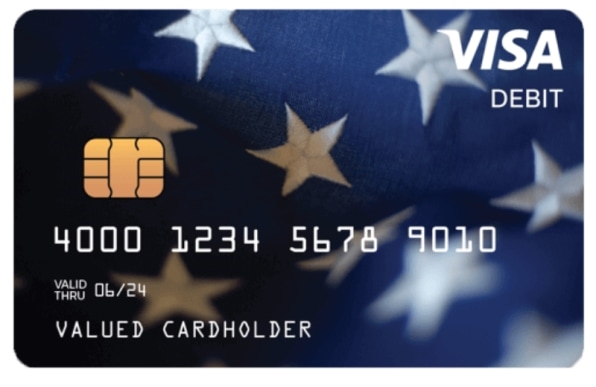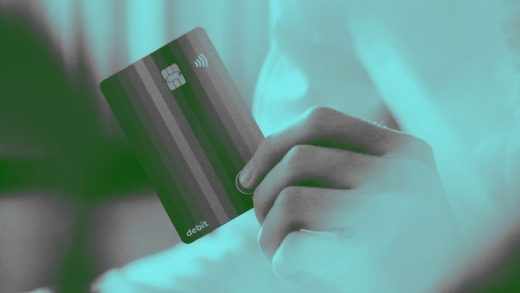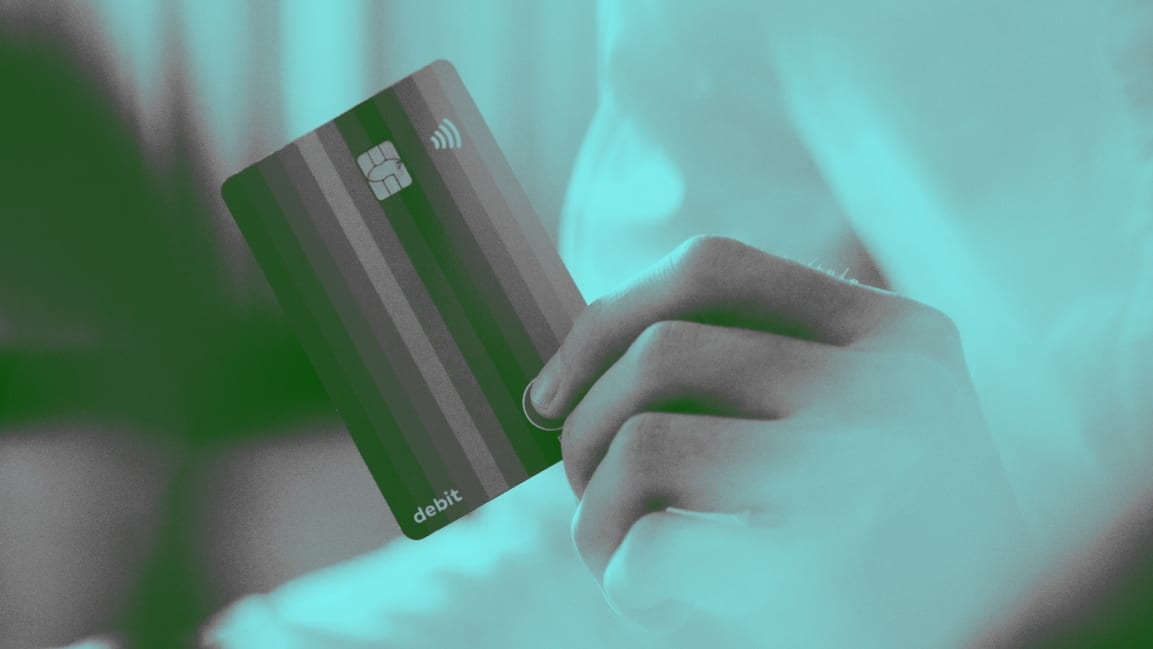Economic Impact Payment Cards: What to know if you were expecting a paper stimulus check
For those still awaiting a paper stimulus check, it’s probably not coming. The Treasury Department announced on Monday that the long-awaited economic stimulus checks will instead appear as prepaid debit cards called Economic Impact Payment Cards, or EIP cards. The cards will begin appearing in mailboxes this week for some four million taxpayers who didn’t have direct deposit information on file with the IRS.
The Visa debit cards function like typical debit cards, useable at stores, online, or at ATMs, and can be used to pay bills; they also come with an online dashboard that allows balance tracking. Though the Treasury did not comment on the reasoning behind providing cards to four million recipients, it is likely that cards allow consumers more fraud protections than checks, and may include potential reloading capacity for future potential stimulus programs.

Mysteriously, the Treasury specifies that the cards are also being distributed to “individuals whose tax return was processed by either the Andover or Austin IRS Service Center.” We reached out to the Treasury for further information and will update when we hear back.
Public health officials can smile: The card will avoid many millions of in-person interactions that would have been required for recipients to cash or deposit paper checks, particularly those without bank accounts. Debtors can also smile: Because the funds are held on a card, and not in a bank account, the funds cannot be seized by creditors.
If you have questions, the IRS finally opened a call line devoted to stimulus payments, which is pivotal for the millions of Americans who do not have home internet access. The number is 800-919-9835, although it may not be easy to get through.
(10)



